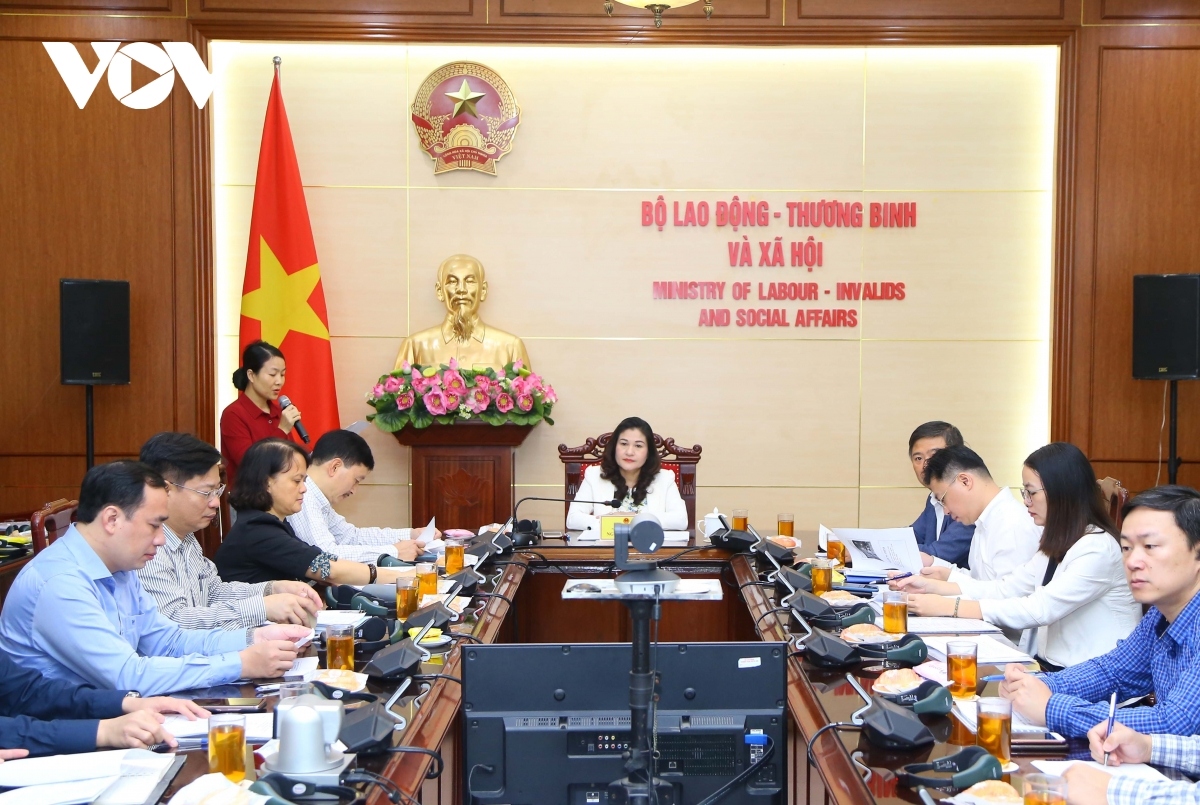International co-operation opens up fresh opportunities for Vietnamese workers
VOV.VN - Vietnam's engagement in various free trade agreements, including the Comprehensive and Progressive Agreement for Trans-Pacific Partnership (CPTPP) and the EU-Vietnam Free Trade Agreement (EVFTA), alongside bilateral labour co-operation agreements, serves to expand employment opportunities both at home and abroad for local workers.

Deputy Minister of Labor, Invalids and Social Affairs Nguyen Thi Ha made the statement during a seminar held on November 24 aimed at reviewing the five-year implementation for the strategy towards international integration in terms of labour and social affairs to 2020, with a vision towards 2030.
Recent years has seen the nation become actively involved in international integration across multiple fields, especially in terms of labour and social affairs, in addition to following through on international commitments regarding international conventions on labour, employment, people with disabilities, women, and children.
Most notably, the country has participated in a range of free trade agreements, such as CPTPP and EVFTA, in addition to multilateral and regional organisations, such as being on the board of directors of the International Labor Organization (ILO) and the ASEAN Socio-Cultural Community (ASCC).
According to the Deputy Minister Ha, along with policy reform, remarkable improvements have been made in reducing poverty and boosting social security, with the national poverty rate falling from 13.7% in 2008 to roughly 4% in 2019.
Despite these great strides, international integration and co-operation on social labour remains extremely challenging, with negative impacts caused by the long-term consequences of conflict and poor infrastructure facilities.
This is along with the majority of the nation’s rural population being reliant on agricultural production, with many regions remaining poor, backward, and underdeveloped, she added.
In the context of the country developing into a middle-income country, the initial advantages of having an abundant workforce with low costs, a variety of natural resources, and preferential loans, may no longer be the driving force behind economic growth.
The trend of globalization associated with high growth, coupled with social problems, possibly hinder sustainable and inclusive development, with people being put at the centre of the development target. Some of the matters include a widening gap in income, social welfare, and development opportunities between regions and various social groups, and increasing inequality in society, the Deputy Minister stated.
Furthermore, demographic changes relating to age continues to take place naturally, requiring changes in labour policy, employment, and social security.
Most recently, the novel coronavirus (COVID-19) pandemic has caused the world to re-evaluate approaches to solving problems with regard to social security and integration for disadvantaged groups. This is in tandem with promoting further co-operation across a wide range of fields between countries in order to respond to the pandemic, she said.
Despite these challenges, the Deputy Minister views the COVID-19 pandemic as an opportunity to test the effectiveness of technological applications, thereby innovating methods and improving the efficiency of co-operation and external relations.
Deputy Minister Ha went on to underline the necessity of seriously evaluating the results achieved, along with revealing shortcomings for more effective implementation of activities regarding international co-operation and integration in the near future.

